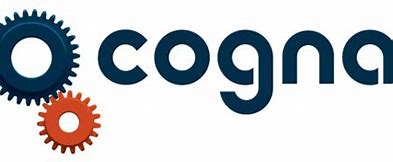Company’s revenue from medical school grew 32% in the second quarter
08/12/2022

Cogna is in talks with investors to sell a minority stake in its medical school arm in order to boost growth, as Ânima did. The rival received an injection of R$1 billion from the private-equity firm DNA Capital for 25% of the education company’s medical school arm last year.
“We have just spun off the medical school arm. The idea is to find a partner for a capital injection and invest in growth. We are talking to several financial groups,” Cogna CEO Roberto Valério said. In the second quarter of 2022, the company’s revenue from the medical school grew 32%.
The company expects that, by the end of this year, the net revenue from the medical school will total R$482 million, and the EBITDA will total R$224 million. “In the first half of the year, we reached 55.5% of the revenue and 53.8% of the EBITDA projected for the year,” Mr. Valério said.
Cogna reported in the second quarter EBITDA of R$355 million, up 11.4% year-over-year. The margin rose 3.1 percentage points, to 30.7%. “It is the fifth consecutive quarter of growth in EBITDA. There is no silver bullet. Results come little by little and are the fruit of our restructuring in 2020 and 2021,” Mr. Valério said, referring to a restructuring that included closing 25% of in-person units to focus on online programs.
The company calculated an adjusted loss of R$36.6 million, compared with an adjusted net profit of R$20 million in the same period of 2021. The group adjusted the indicator in the bottom line due to the sale of the schools division, approved in October last year. The accounting loss reached R$101 million, up 148.5%.
Cash generation after capex rose 309.5% to R$112.5 million.
The revenue was stable at R$1.15 billion. The company ended the first half with 929,300 undergraduate students, up 12% year-over-year. The increase was driven by those programs with more online classes, which closed the period with 592,000 enrolled students, up 13.9%. The group also managed to reduce the dropout rate by 0.3 percentage points and increase enrollment renewals by 12%.
Mr. Valério points out that this performance in the student base is due to the strategy of granting occasional discounts, but not in a generalized way. It is common for students to enter college attracted by the discounted tuition in the first months, and then become defaulters when the full tuition is charged. By drawing students who are not only attracted by discounts, they are less likely to drop out, and the chances of default fall.
Vasta, the group’s basic education arm, which struggled in the first year of the pandemic, also contributed to the result as EBITDA grew 67% in the first half.
*By Beth Koike — São Paulo
Source: Valor International
